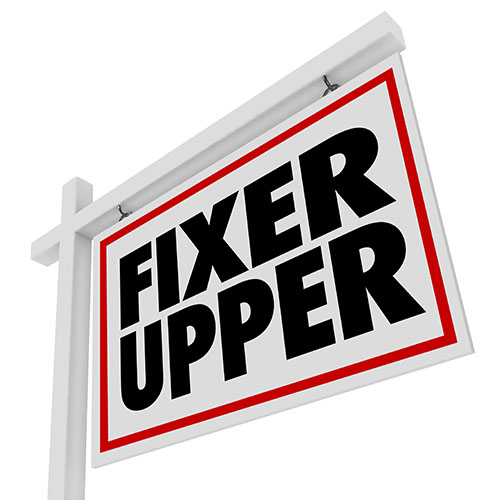 Did you just move into a new city? Transitioning to a new city is hard enough, but when you also need to find a job, it can be even tougher. Since everything is a bit new to you, there are definitely some strategies to implement that will make your job hunting easier. Here are some tips to keep in mind.
Did you just move into a new city? Transitioning to a new city is hard enough, but when you also need to find a job, it can be even tougher. Since everything is a bit new to you, there are definitely some strategies to implement that will make your job hunting easier. Here are some tips to keep in mind.
1. Let People Know You are Looking For A Job
Everywhere you go, spread the word that you are in the market for a new job. In general, people love to help out other people. Someone you speak with will surely know of a job opening; either where they work or someplace else.
2. Be Ready With Your Business Card
Once you start having conversations with people about needing a job, they will want to know what you do and how to contact you. Have some attractive business cards printed up with your contact information and area of expertise.
The more of these you can get into circulation, the higher your chances of finding a job sooner rather than later.
3. Use Your Existing Network
Check back in with your network where you used to live and see if anyone knows someone in your new city. You might be surprised to find out how vast a network of connections can be. If you can make a new connection in your new city through your old network, they may be able to introduce you to potential employers in the area where you now live.
4. Go Through The Employment Agency
Employment agency work can sometimes transition into permanent positions. Working through an employment agency will not make you wealthy, but it can help to pay the bills until the time you can find a job that fits with your career goals.
Plus, employment agencies can often put you to work the very next day or the next Monday. It is a temporary solution, but a worthwhile use of your time.
5. Spend Time Getting To Know The Locals
Some cities are known for being harder to find a job as an outsider. A local reference can help you to pass the test and get an interview. Get to know some locals who might be willing to vouch for you as a local reference.
These five tips will help you get a job in no time in your new city. Remember, your first job in your new city might not be your dream job, but at least it will get you in the door.
 Every now and then when a person is selling their home, a cash buyer comes into the equation. If you have listed your home for sale and your real estate agent has informed you that a cash buyer is interested, you will want to understand how this affects the potential sale.
Every now and then when a person is selling their home, a cash buyer comes into the equation. If you have listed your home for sale and your real estate agent has informed you that a cash buyer is interested, you will want to understand how this affects the potential sale.  Moving with pets can be strenuous, especially for the pet. Oftentimes pets might even go missing on moving day or shortly before or after. Many pets, such as dogs and cats, are sensitive and acutely aware of when big changes are taking place within the home.
Moving with pets can be strenuous, especially for the pet. Oftentimes pets might even go missing on moving day or shortly before or after. Many pets, such as dogs and cats, are sensitive and acutely aware of when big changes are taking place within the home. If you’ve expressed any interest in buying a home that you can work on, your real estate agent may present you with one or two fixer upper properties for your consideration. Fixer upper homes can offer good value for certain kinds of homebuyers.
If you’ve expressed any interest in buying a home that you can work on, your real estate agent may present you with one or two fixer upper properties for your consideration. Fixer upper homes can offer good value for certain kinds of homebuyers. If you are planning to buy or sell a home, you will want to enlist the services of a real estate agent. But sometimes homebuyers and homeowners worry about paying for the services of a real estate agent.
If you are planning to buy or sell a home, you will want to enlist the services of a real estate agent. But sometimes homebuyers and homeowners worry about paying for the services of a real estate agent. When you buy a new house, the first thing you want to do is protect your investment. You already have property insurance. Should you also buy a home warranty?
When you buy a new house, the first thing you want to do is protect your investment. You already have property insurance. Should you also buy a home warranty?